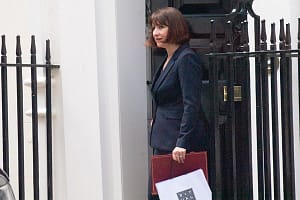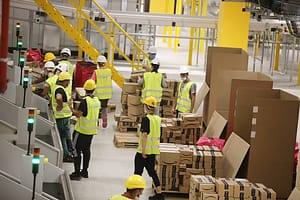Wage growth in the UK rose to 3.9% in the year to June, the highest rate for 11 years, according to the Office for National Statistics (ONS).
However, the unemployment rate in the April-to-June period edged up slightly to 3.9%.
The employment rate was estimated at 76.1%, the joint highest since comparative records began in 1971.
Pawel Adrjan, UK economist at the global job site Indeed, commented: “This snapshot of the UK labour market is very much a tale of two halves. Unemployment has risen, but for those in work, paypackets are swelling nicely – average wages are rising at their fastest level for more than a decade.
“The increase in unemployment is a case of economic gravity finally reasserting itself as Britain’s job creation boom slows.
“The total number of vacancies continues to slide further from the peak it reached at the start of the year, suggesting more employers are holding off on hiring.
“Our analysis shows that total vacancies rose in only two out of 12 employment sectors – education and health and social work – with all the others seeing a fall.
“Yet for all that, the labour market is one of the few parts of the economy to have largely shrugged off the growth-sapping uncertainty that has stymied progress elsewhere.
“The total employment rate has improved, rising back up to the joint-record high it achieved earlier this year.
“And there is more good news for those who already have a job. Average wages continue to march upwards at their highest rate since August 2008 as employers fight for recruits by offering ever more competitive salaries.
“This is far from a perfect jobs report. Employer caution is limiting the supply of new vacancies, yet stiff competition for recruits is still driving up wages. Given the wider slowdown in the economy, the labour market is holding up surprisingly well. But continued falls in vacancies suggest employers are mindful of the broader economic and political risks on the horizon.”





Leave a Comment